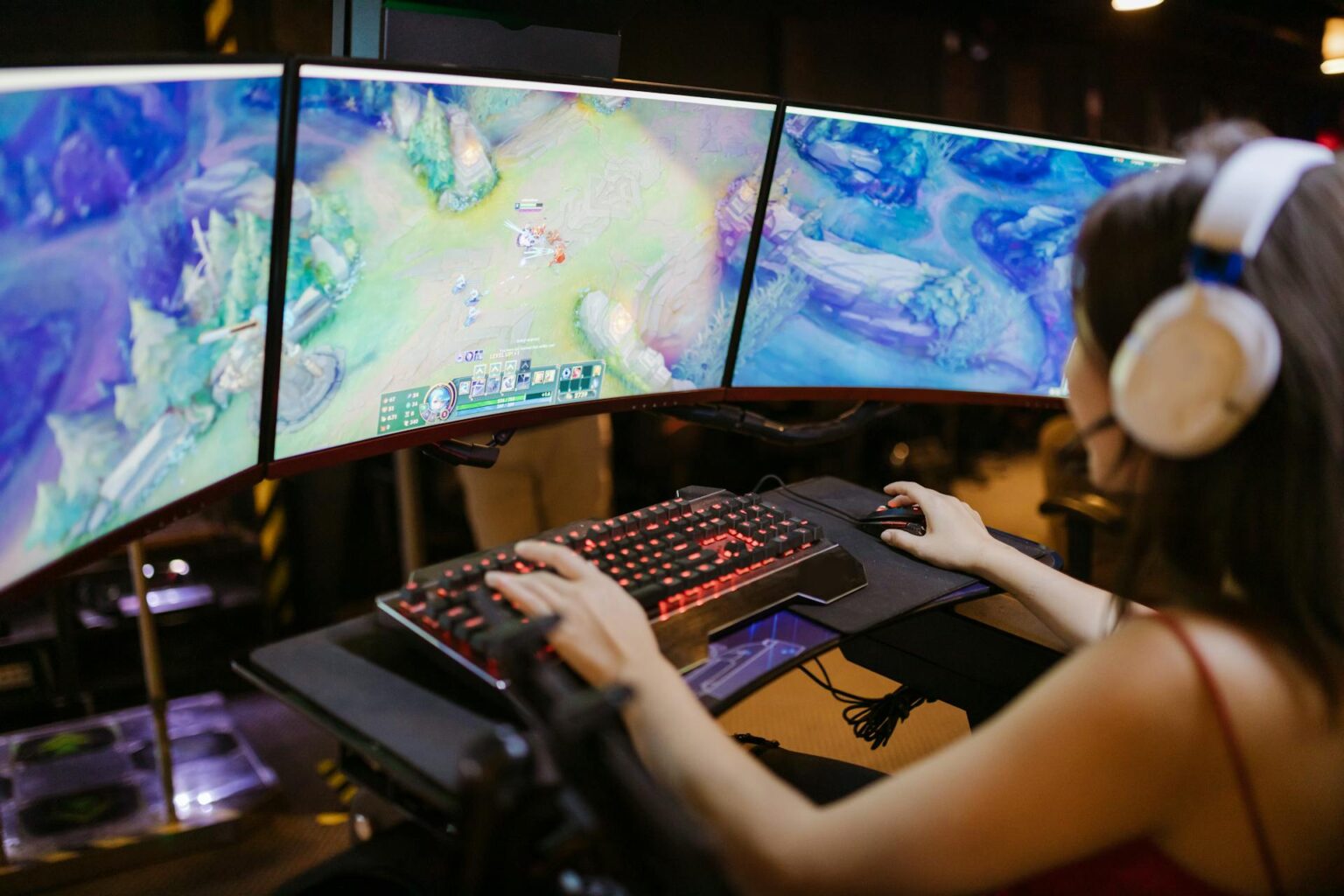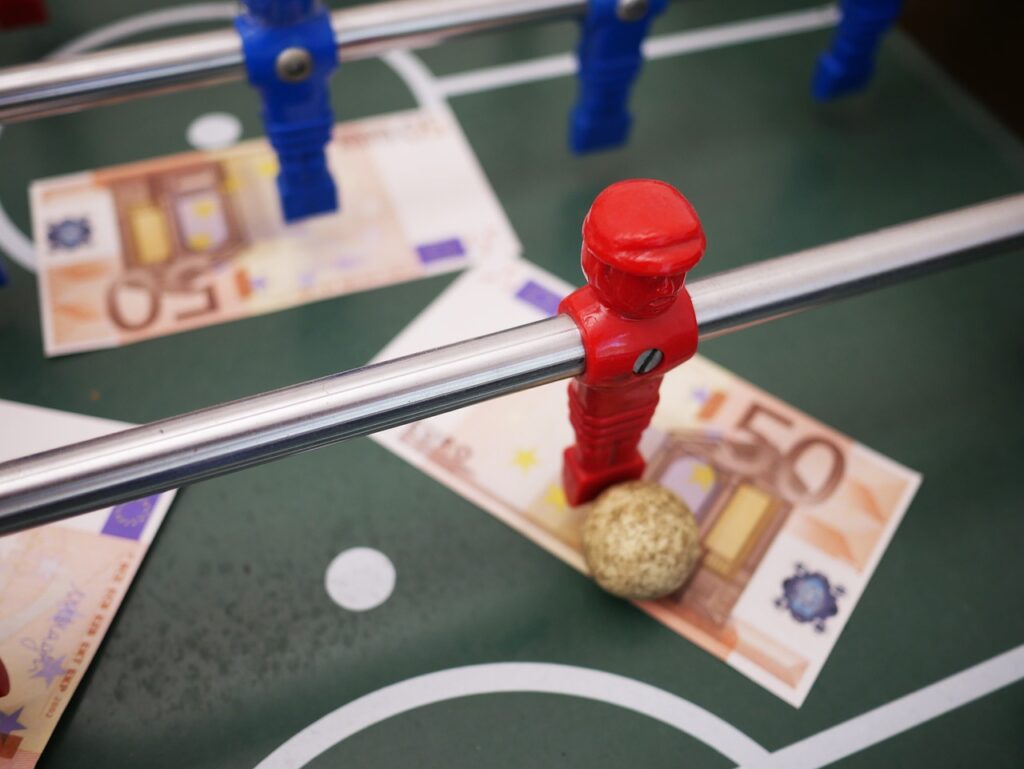Esports has grown to become a competitive equal to conventional sports and is slowly changing the face of athletic competitions. This digital arena is growing at a very fast pace due to strategy, skill, and technology that is attracting millions of people globally. Today, the line between physical and esports is not clearly drawn, and esports are paving the way to the future of competitive sports.
Elevating Collegiate Esports to the World Stage
The rise of esports to the international level can only be described as revolutionary. Where it used to be only gaming competitions that a few people watched, it has grown into a multibillion-dollar industry with giant audiences comparable to traditional sporting events. Big events are staged in halls, gaining sponsorship from top companies and broadcasting rights that expand its coverage.
Those who like to bet on the MelBet platform have long known how deeply esports has penetrated the betting sphere. The younger generation, who are simply burning with interest in their favorite esports teams, especially love betting on esports! The evolution of this industry is constant, which makes esports redefine what it means to be a sport and link digital abilities with the desire of athletes from all over the world.
The Engagement of FIFA in the Enhancement of Esports
FIFA’s involvement in esports has been pivotal, driving the sport’s legitimacy and global reach:
- FIFA eWorld Cup: An annual professional competitive video gaming championship that selects the world’s leading esports players.
- Collaborations with Top Clubs: Signing on major football clubs and teams into cybersport and merging both the worlds of conventional and esports.
- Youth Engagement Initiatives: Initiatives that would be geared towards building the next generation of gamers and esports.
These attempts by FIFA are evidence of a definite attempt to incorporate cybersport into the overall sports realm, securing FIFA’s position as a pioneer in this digital transition.
Pushing for Olympic Recognition
Esports’ path to becoming Olympic is getting more heated, and the governing bodies are making the right moves to ensure the sport will be included in the world’s most prestigious event. The push entails proving the competitiveness of cybersport and using platforms such as MelBet to reach out to audiences across the world. This is more than a game; this is a fight for recognition in the sports sphere.
Collaboration with the IOC
The way to Olympic inclusion requires cooperation with the International Olympic Committee (IOC). Esports leaders are trying to coordinate with Olympic values, including fair play, diversification, and geographical distribution of players. This partnership is crucial for eradicating conventional pessimism towards esports, proving it to be a worthy contender for an Olympic sport. By securing a partnership with the IOC, cybersport is slowly dismantling the walls and steadily moving towards the recognition of the Olympic goal.
Establishing a Governing Framework
To advance esports’ bid for the Olympic platform, a sound regulatory structure needs to be put in place. This includes establishing a set of protocols, making sure that they are implemented in every esports discipline, and finally implementing anti-doping measures. The framework should also have solutions to address issues related to age restrictions of content and the welfare of the players. With these structures, cybersport can fashion itself as an orderly, ethically managed game with the capacity to meet all the strict requirements that come with application to the Olympic category. This foundation is important in attaining the recognition required for one to compete on the world’s biggest athletic stage.
Obstacles Faced in the Course of the Olympic Mission
The path to Olympic recognition for eSports is fraught with significant challenges:
- Cultural Resistance: Skepticism exists among traditionalists about the legitimacy of esports as a ‘real’ sport in contrast to digital gaming.
- Standardization Issues: This is because different games are played, and their rules are not unified; hence, it is a challenge to establish a set Olympic framework.
- Ethical Concerns: Combat violence in some games and protect fair play from the use of enhancing hardware and software.
These challenges show why it is difficult to admit esports into the Olympic fold.
Global Impact and Reception
It is impossible to overemphasize the impact of cybersport on the entertainment industry and sporting competition all over the world. Especially in areas of the world where esports has already been accepted into mainstream culture, such as Asia and Europe, there has been a lot of anticipation about its possible inclusion in the Olympics. The modern phenomenon of cybersport is an example of the blurring of generational boundaries – virtual space is no less important than a physical one.
However, this rapid ascent is faced with a lot of disbelief in the so-called ‘conventional’ sports markets. Some controversies about esports concern the credibility of the game and its suitability for the Olympic movement. The reception is quite different depending on the country, which highlights the controversy regarding the recognition of cybersport as a sport all over the world.
Future Prospects
Thus, the process of cybersport development and its path to integration into the Olympics will redefine the global culture of sports. It is still a matter of debate whether such competition is legitimate, which only adds to its importance, expanding the envelope of what contemporary competition can evolve into. Esports is not a simple hype; it is a revolution in the making that has the potential to redefine what it means to be an athlete.




